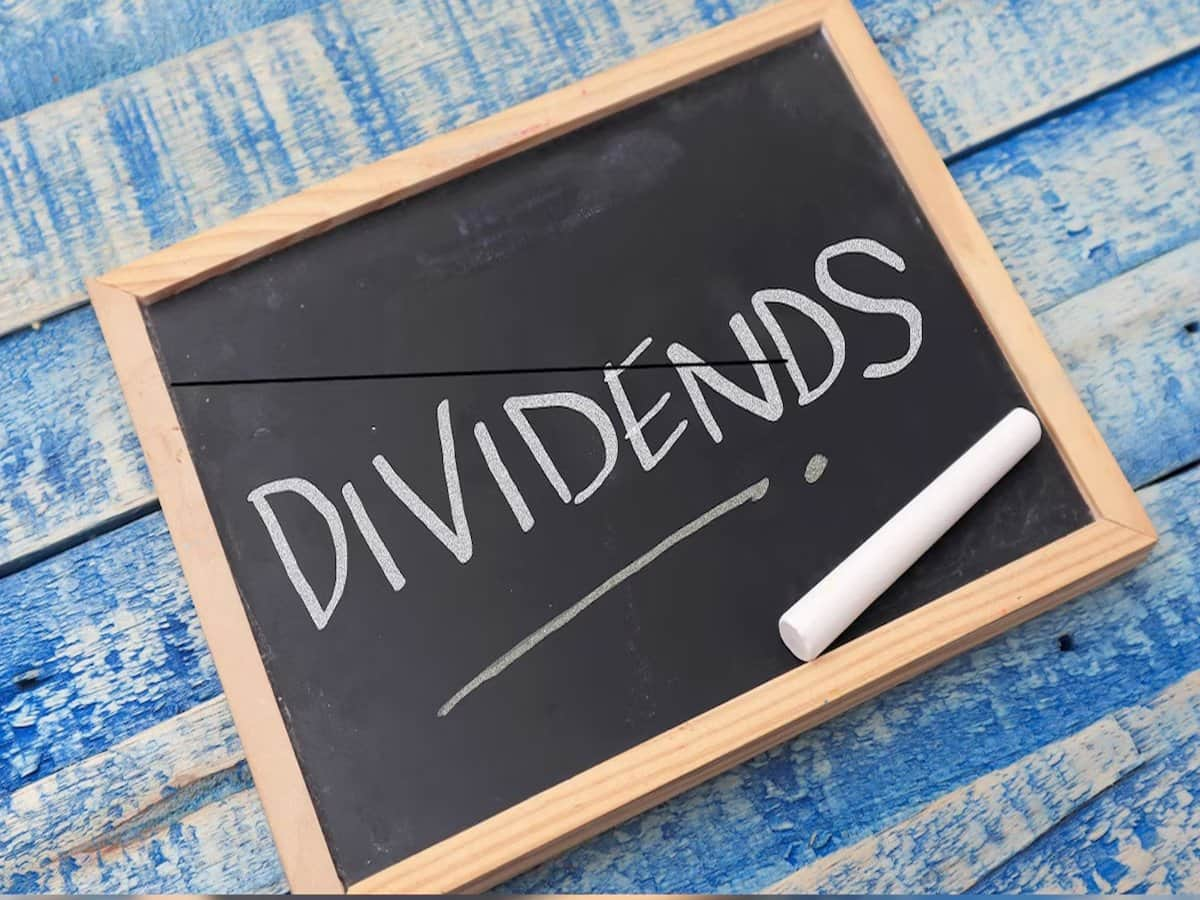Dividend stocks are a popular investment choice for those looking to generate passive income while benefiting from capital appreciation. Understanding key terms such as the ex-dividend date is crucial for investors aiming to maximize their returns. The ex-dividend date is the cutoff point that determines whether an investor is eligible to receive the declared dividend, and it plays a significant role in stock trading strategies.
What is the Ex-Dividend Date?
The ex-dividend date is the specific date set by a company on which newly purchased shares do not entitle the buyer to receive the next dividend payout. After this date, the stock typically begins trading at a lower price, reflecting the dividend that is no longer included with its purchase. This adjustment is crucial for investors to understand as it can impact their purchasing decisions.
How Ex-Dividend Date Works
Investors generally need to buy shares before the ex-dividend date to qualify for the upcoming dividend payment. Typically, shares must be purchased one business day prior to this date. Therefore, if the record date—the date that the company checks its records to determine which shareholders are eligible for the dividend—is, for example, on a Thursday, the ex-dividend date would usually fall on the preceding Wednesday. This timing is essential for investors aiming to secure dividends.
Why Ex-Dividend Dates Matter
Knowing the ex-dividend date is essential for several reasons:
- Investment Strategy: Timing your purchase around the ex-dividend date can have significant implications for both immediate income and long-term investment strategies.
- Price Adjustments: After the ex-dividend date, shareholders can expect the stock price to decrease, often mirroring the dividend amount.
- Your Investment Goals: Whether you’re focused on income generation or capital gains, understanding the ex-dividend date helps align your investment strategy with your financial goals.
Timing Your Investment
For investors interested in dividend stocks, it’s advisable to purchase shares before the ex-dividend date to ensure eligibility for the sought-after dividend payout. While investing solely to receive dividends can be beneficial, it’s essential to consider the overall financial health and growth potential of the company, as well as market conditions that could affect stock prices.
Conclusion: Making Informed Decisions
Understanding the significance of the ex-dividend date is vital for anyone considering dividend stocks as an investment. By knowing when to purchase shares, investors can strategically position themselves to benefit from dividends while also keeping an eye on overall portfolio health. As you plan your investment strategy, always consider both the timing and the financial performance of the companies you are investing in.
